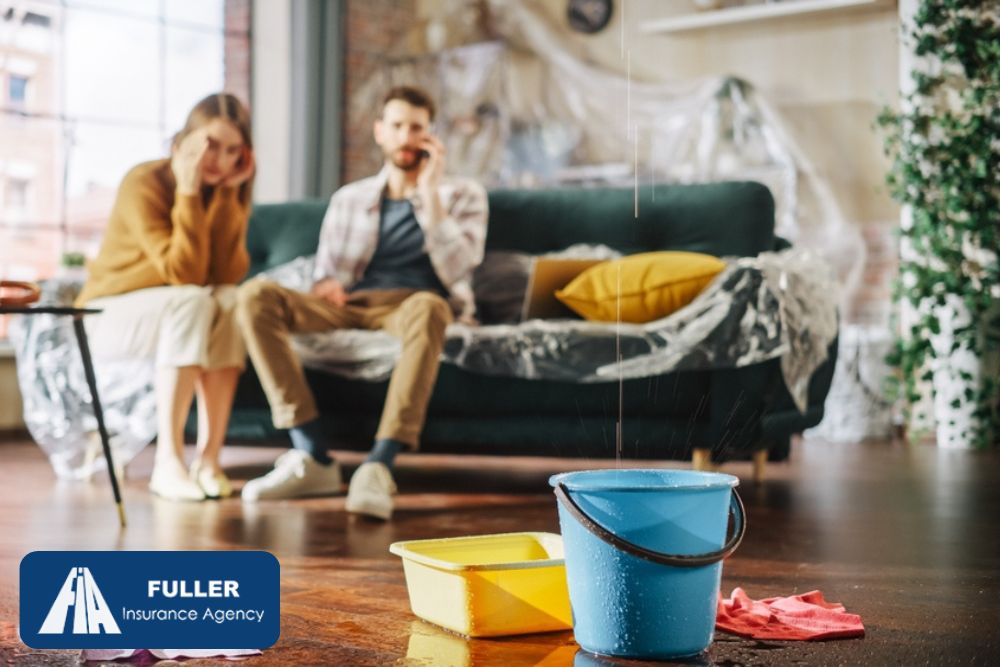


Homeowners insurance provides financial protection for homeowners against several risks, including liability losses and damage to the property, including its roof. However, not all types of roof damage are covered by homeowners insurance. Let us discuss how homeowners insurance covers roof leaks.
Homeowners insurance typically covers the cost of repairing roof leaks or water damage if the damage is caused by a covered peril. However, coverage may vary depending on the specific policy and the cause of the damage. Remember there may be limits on the amount of coverage for roof/water damages and deductibles may also apply. Additionally, an older roof may not be covered by homeowners insurance. So, it is recommended to check your policy to understand the coverage exclusions before filing a claim.
Finding a roof leak can be difficult, but the following steps will help you locate the source of the leak:
Look for any signs of water damage, such as water stains or mold, on the attic's ceiling or walls.
Inspect the roof for any missing, cracked, or curling shingles, as they can allow water to enter your house.
Inspect the gutters for any signs of blockages or damage, such as holes or sagging sections, as they can cause water to back up and leak into your house
It is always best to hire a professional roofing contractor to inspect your roof. They have the expertise and the necessary tools to locate and repair the leak.
Whether or not you should file a claim for a leaky roof under your homeowners insurance depends on several factors. Here are a few things to consider:
The cause of the leak: If the leak is caused by a covered peril, such as a windstorm or hail, your homeowners insurance will cover the cost of repairs. However, if the leak is caused by a lack of maintenance, such as a missing shingle, your policy may not cover the cost of repairs.
The age of the roof: Many insurance companies will not cover damages to a roof that is around 20 years or more. This is because an older roof is considered to be more prone to leaks and other types of damage.
The cost of repairs: Homeowners insurance typically has a limit on the amount of coverage for roof damages. If the cost of repairs exceeds the limit, the homeowner will be responsible for paying the difference.
The impact on premium: Filing a claim for a leaky roof may also affect your homeowners insurance premium. Insurance companies consider the number of claims filed by a homeowner when determining the cost of insurance, and filing multiple claims may result in higher premiums.
The overall financial impact: It may not be worth filing a claim if a leaky roof may not cause significant damage, the cost of repairs may be relatively low, or the deductible is high.
Regular roof inspections and maintenance can minimize the risk of damage, eliminating the need for filing a claim. Furthermore, it is good to document any damage as soon as it is discovered to support the claim.
Are you a homeowner concerned about whether your leaky roof is included in your policy? Don't wait until it's too late- contact our agents at Fuller Insurance Agency today to learn more about how our homeowners insurance can safeguard your home and give you peace of mind. Get a quote now!